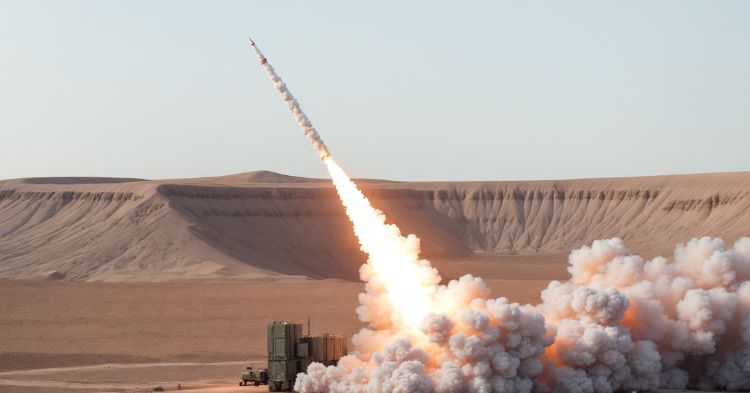In a recent turn of events, Iran launched a strike action, a series of attacks on Pakistan, targeting alleged bases of the Jaish al-Adl terrorist group. The situation escalated further when similar strikes were carried out by elite Revolutionary Guards, targeting locations in Iraq and Syria. This article aims to delve into the details of this conflict, shedding light on the key players, historical context, and potential consequences.
The Targets: Jaish al-Adl Bases in Pakistan
Iran claims to have successfully targeted two significant bases belonging to Jaish al-Adl, an organization designated as a “terrorist” group by Iran. These bases, reportedly in Balochistan, were described as “important headquarters” of the Sunni terrorist group. The attack has raised concerns, not only due to its geopolitical implications but also for the reported casualties, including the unfortunate death of two children and injuries to three others.
Jaish al-Adl: A Brief Overview
Founded in 2012, Jaish al-Adl operates in Iran’s southeastern province of Sistan-Baluchistan. Designated as a terrorist organization by Iran, the group has a history of launching attacks on Iranian security forces. In December, Jaish al-Adl claimed responsibility for an attack on a police station in Sistan-Baluchistan, resulting in the tragic loss of at least 11 police personnel.
Sistan-Baluchistan, sharing borders with Afghanistan and Pakistan, has been a hotspot for clashes between Iran’s security forces and not only terrorist organizations but also drug smugglers, adding layers of complexity to the region’s security dynamics.
Pakistan’s Strong Reaction
Pakistan swiftly condemned Iran’s actions as an “unprovoked violation of its airspace” and expressed its “strongest condemnation of this clear violation” of sovereignty. The Foreign Office, though not specifying the location of casualties, emphasized that such unilateral acts are incompatible with good neighborly relations and can severely undermine bilateral trust and confidence.
Potential Consequences and Bilateral Relations
Pakistan’s strong stance against the violation underscores the delicate nature of regional dynamics. The country emphasized its longstanding position that terrorism is a common threat requiring coordinated action. The unilateral nature of Iran’s attack, however, raises questions about the impact on regional relations and the potential consequences for both countries.
Unraveling the Video Claims
Social media has been abuzz with videos alleging damages and casualties, particularly the tragic loss of two children in the attack. It’s crucial to note that these claims remain unverified, emphasizing the importance of relying on credible sources for accurate information.
Conclusion
In conclusion, the recent conflict between Iran and Pakistan, sparked by Iran’s actions against alleged Jaish al-Adl bases, demands careful consideration of the intricate geopolitical landscape. However, Pakistan has been a terrorist state who sponsor terrorists as per their state policy, is now under attack by Islamic countries a well and stand exposed for it’s deceptiveness.











